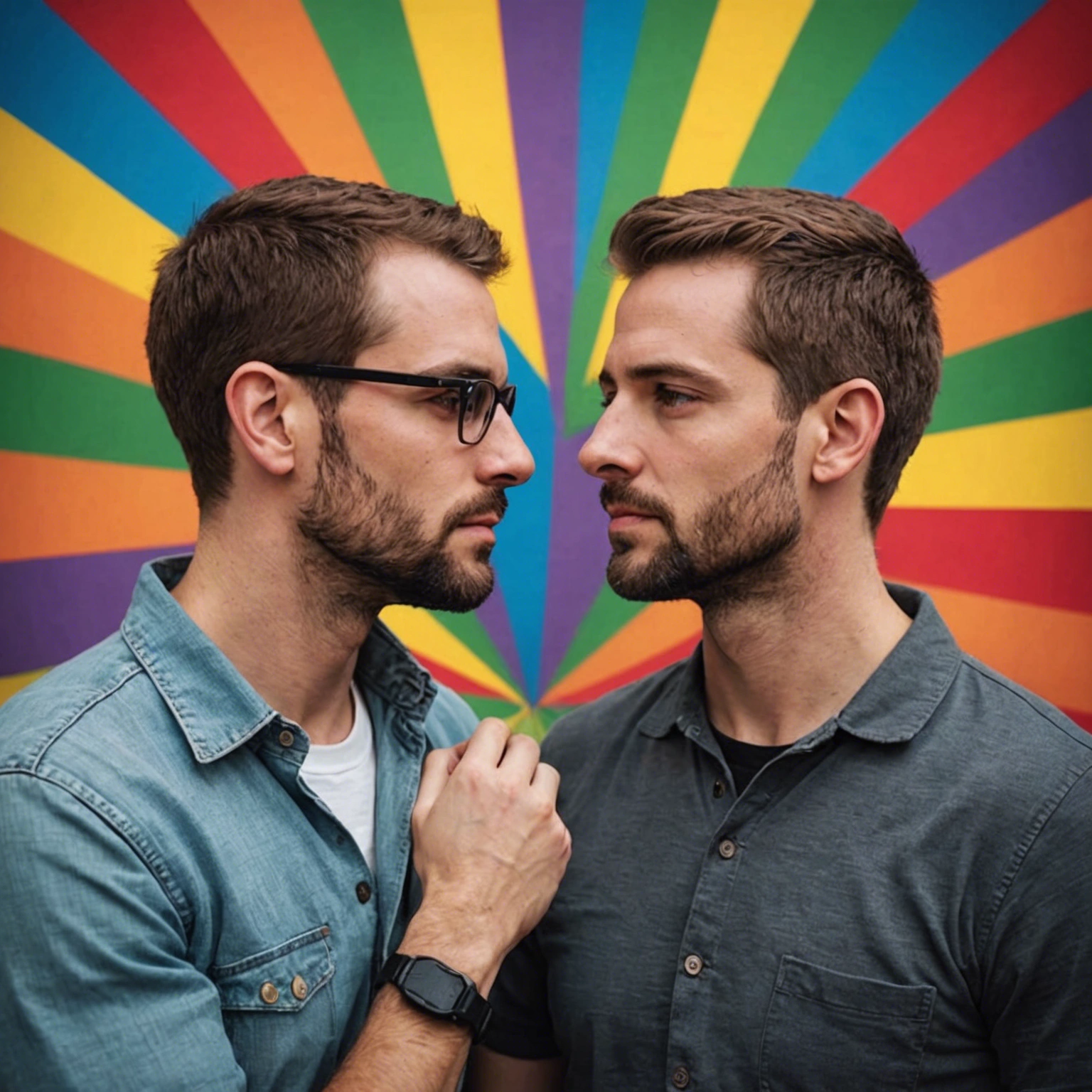
The gay community has long been plagued by internalized homophobia, self-loathing, and a pervasive lack of support for its own members. A recent heartfelt account from a gay individual has sparked a wave of reactions, revealing a complex web of emotions, biases, and conflicting opinions within the community.
At the heart of the matter lies the painful truth: many gay men struggle to accept and support one another. Instead, they often idealize straight men, perpetuating a cycle of self-rejection and low self-esteem. This phenomenon is a stark reminder of the homophobia that still pervades our society, even within the LGBTQ+ community itself.
The account in question is a poignant and brutally honest reflection of a life marked by hardship, exploitation, and resilience. Listeners are left moved by the sincerity and vulnerability of the narrator, who shares his experiences as a sex worker and the struggles that come with it. However, not everyone is convinced, with some critics dismissing his story as attention-seeking or an excuse for poor life choices.
One of the most striking aspects of this story is the profound sense of disillusionment that pervades the gay community. Many individuals feel that their own community is more interested in idolizing straight men than in supporting and uplifting one another. This toxic dynamic can have devastating consequences, leading to feelings of inadequacy, low self-worth, and a lack of genuine connections.
The reaction to this emotional testimony has been multifaceted. Some have expressed heartfelt empathy, offering words of encouragement and support. Others have been more critical, dismissing the narrator’s experiences as attention-seeking or a cry for help. A small but vocal minority has even resorted to homophobic slurs, further underscored by their own biases and internalized homophobia.
Beneath the surface of this heated debate lies a deeper, more sinister issue: the commodification of the gay experience. When individuals are reduced to mere objects of desire, rather than treated as complex human beings, it creates a power dynamic that is inherently exploitative. The sex industry, in particular, raises uncomfortable questions about consent, autonomy, and the blurred lines between choice and coercion.
In the midst of this turmoil, there are glimmers of hope. Many have responded with compassion, recognizing the inherent value of every individual’s story. They acknowledge the importance of creating a safe, non-judgmental space for marginalized voices to be heard. Others have expressed a desire to connect with the narrator, offering words of encouragement and support.
Ultimately, this emotional outpouring serves as a poignant reminder of the work that still needs to be done. The gay community must confront its own biases, its own internalized homophobia, and its own capacity for compassion and empathy. It is only by acknowledging these harsh realities that we can begin to build a more inclusive, more supportive, and more loving community – one that celebrates the beauty of diversity and the resilience of the human spirit.
